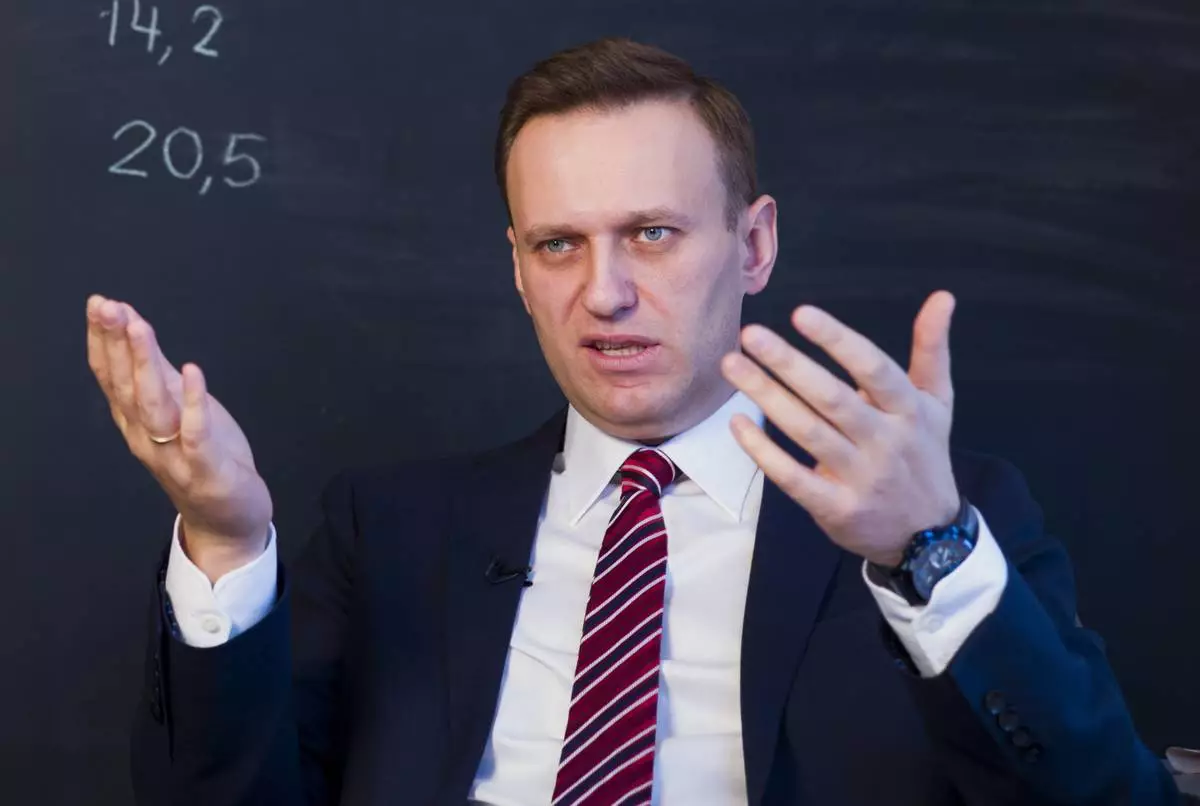Elizabeth Warren would not seek to revoke the tax-exempt status of churches or other religious entities that decline to perform same-sex marriages if she's elected president, the Massachusetts Democrat's campaign said.
Asked to respond to former Texas Rep. Beto O'Rourke's assertion last week that religious institutions should face the loss of their tax exemption for opposing same-sex marriage, Warren campaign spokeswoman Saloni Sharma said that "Elizabeth will stand shoulder to shoulder with the LGBTQ+ community" to help stamp out "fear of discrimination and violence." But she declined to take aim at the tax status of religious organizations that don't support same-sex marriage.
"Religious institutions in America have long been free to determine their own beliefs and practices, and she does not think we should require them to conduct same-sex marriages in order to maintain their tax-exempt status," Sharma said by email.
Warren is the latest Democratic presidential hopeful to create distance from O'Rourke's suggestion as President Donald Trump joined a conservative outcry against it, accusing him of threatening religious freedom. Trump belittled O'Rourke as a "wacko" during Saturday remarks to the conservative Values Voter Summit, signaling a willingness to use the issue to drive a wedge between voters of faith and the Democratic Party.
Pete Buttigieg, mayor of South Bend, Ind., told CNN on Sunday that "going after the tax exemption of churches, Islamic centers or other religious facilities in this country, I think that's just going to deepen the divisions that we're already experiencing."
O'Rourke offered an unequivocal "yes" on Thursday when CNN asked during a town hall on LGBTQ issues if opposition to same-sex marriage should imperil religious institutions' tax exemption, a longstanding fixture of U.S. tax law. His campaign manager sought to clarify that position on Sunday, stating that O'Rourke would not threaten the tax status of churches that decline to perform same-sex marriages.
A religious entity that "discriminates based on sexual orientation or gender identity when delivering public services" should not be tax exempt, but O'Rourke would not try to revoke the tax status of "a church that declines to marry a same sex couple," campaign manager Jen O'Malley Dillon tweeted .
However, O'Rourke's initial comment had already sparked loud condemnation from prominent Republicans and other conservatives, some of whom used it to suggest that Democrats would seek to punish religious organizations that don't agree with their support for same-sex marriage.
Florida GOP Sen. Rick Scott tweeted on Friday that O'Rourke "is the most honest Democrat running for President — he admits they want to shut down churches if they don't adhere to his beliefs." Mississippi GOP Sen. Cindy Hyde-Smith weighed in on Saturday, tweeting that "Democrats' unconstitutional attacks against our religious liberties must be stopped."
Trump, after slamming O'Rourke on Saturday without using his name, told religious conservatives that "I will never allow the IRS to be used as a political weapon." The president also has repeatedly touted his efforts to ease enforcement of a decades-old provision of federal tax law known as the Johnson Amendment that bars tax-exempt organizations such as houses of worship from engaging in political campaigns.
Yet even before O'Rourke made his initial comment about undoing the tax exemption for certain religious institutions, another Democratic presidential rival declined to endorse the idea.
"I'm not saying, because I know this is a long legal battle," New Jersey Sen. Cory Booker told CNN when asked the same question O'Rourke fielded, earlier in the televised town hall.










